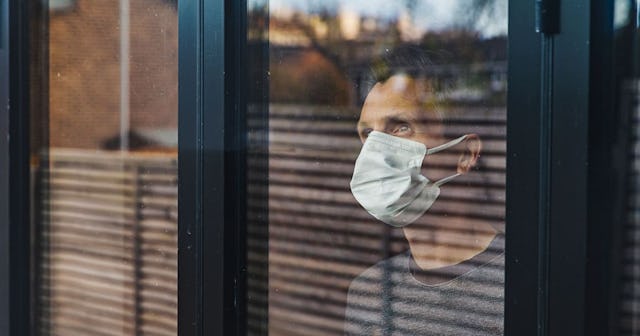Study Shows Women May Produce A Stronger Immune Response To COVID

Scientists are just starting to learn about how and why COVID-19 seems to have different effects on men and women
We already know that COVID-19 can affect anyone. It doesn’t matter your age — cases have been recorded for all ages, from infants to the elderly. It doesn’t matter where you live, either — confirmed cases have surged in cities and rural areas alike. And while your sex doesn’t affect whether you can contract the virus — men and women are likely equally vulnerable to becoming infected — scientists are beginning to explore the possible reasons behind a question that’s baffled healthcare workers throughout the pandemic: Why do men seem to get so much sicker than women?
A new study, published this week in Nature, explored the difference in immune responses to COVID-19 that were generated in men and women who tested positive for the virus. The team behind the study analyzed the immune responses of 17 men and 22 women who were admitted to the hospital soon after becoming infected with the coronavirus (but excluded any patients who needed a ventilator). Scientists collected samples of blood, nasopharyngeal swabs, saliva, urine, and stool from the patients every few days.
The doctors involved with the study stress that their findings aren’t absolutely conclusive. But they were able to observe that women tend to mount a stronger and faster immune response by creating more COVID-fighting T-cells more quickly than men do. On the other hand, the scientists said men produced fewer and weaker T-cells, and their T-cell immune response became weaker the older they were.
“When they age, they lose their ability to stimulate T cells,” one of the doctors on the study wrote. “If you look at the ones that really failed to make T cells, they were the ones who did worse with disease. Women who are older — even very old, like 90 years old — these women are still making pretty good, decent immune response.”
There were some limitations to this study — most notably the fact that all the patients were over the age of 60, so this isn’t a full picture of how age and sex intersect to affect how people respond to COVID-19. But it does lend credibility to the anecdotal stories healthcare workers have shared about seeing male patients fare much worse than female ones. And every piece of information about how different immune responses work against the virus can help us get closer to finding effective treatments or even a cure.
As the study puts it, “The more robust T cell responses in older women could be an important clue to protection and must be explored further.”